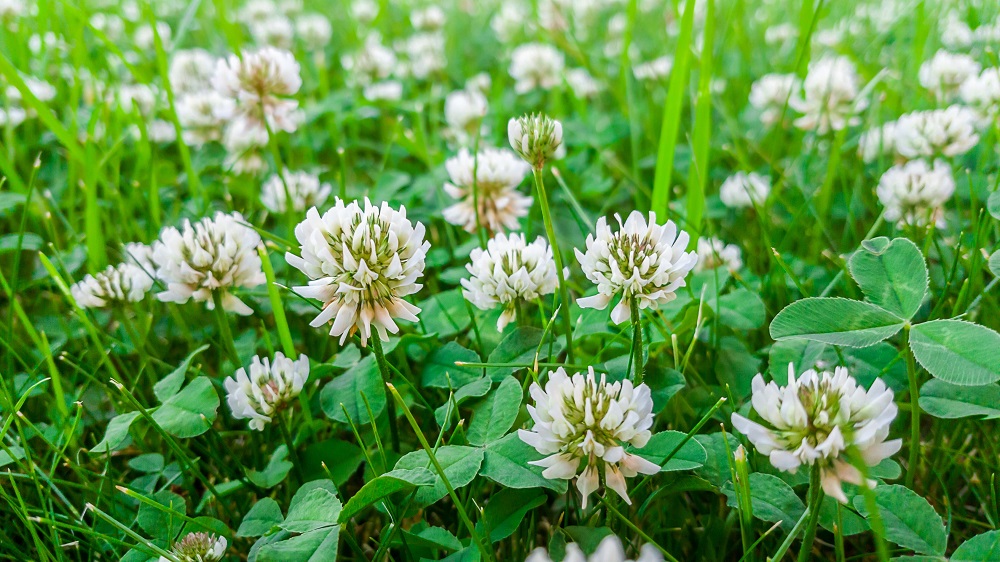Antony Perry
24 July 2018: Weeds are the bane of many gardeners’ existence, but University of Canberra Vice-Chancellor Professor Deep Saini is among a group of scientists suddenly marvelling at white clover.
Long destined to be pulled up or poisoned at first sight, the plant is widely considered a nuisance to homeowners dreaming of the perfect lawn.
But Professor Saini and his counterparts believe white clover may hold the secret to urban evolution.
In a study published last week in the Proceedings of the Royal Society B, the researchers say it is one of the most rapidly evolving species of flora.
They studied 20 areas with different population sizes in Ontario, Canada and found white clover adapts equally well to cities of all sizes, often altering its defence system to survive in the toughest of urban environments.
With climate change being increasingly felt around the globe and more than half the world’s population living in cities, scientists are starting to consider how human activity affects plants and animals.
Professor Saini, who contributed to the study during his time at the University of Toronto, said white clover was a good test species of study as urban areas expand.
“Urbanisation has a profound impact on the ecology and evolution of organisms,” Professor Saini said.
“We examined the roles of natural selection, genetic drift and gene flow, the three main forces behind evolution, in influencing the development of white clover.
"Our research revealed that urban environments are driving evolution at a much faster pace than we've seen before, increasing the need to study plants like white clover to determine what impact human activity is having."
White clover can survive in climates from Norway to southern India. In colder areas, the plant adapts by losing its ability to make hydrogen cyanide or HCN, a toxin it produces to protect itself from predators.
Country areas have higher numbers of plants that produce hydrogen cyanide, the study found, meaning white clover that grows in urban areas has a higher chance of survival.
Professor Saini said natural selection, where some species are better adapted to their environment and tend to survive and reproduce more than others, is the dominant evolutionary force for urban white clover.
“Our results show that urbanization repeatedly drives parallel evolution of an ecologically important trait across many cities that vary in size, and this evolution is best explained by urban–rural gradients in natural selection,” he said.
Although it is a source of frustration for gardeners, the plant helps nourish soil with nitrogen and serves as an important source of nectar for bees and other pollinators.



